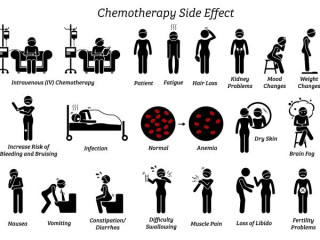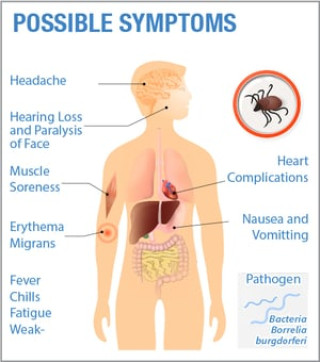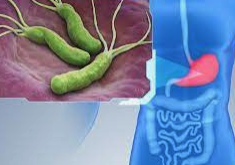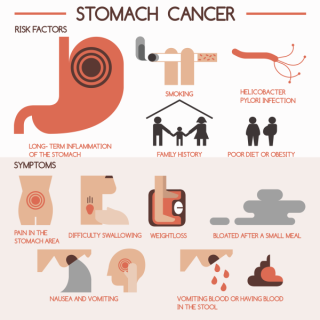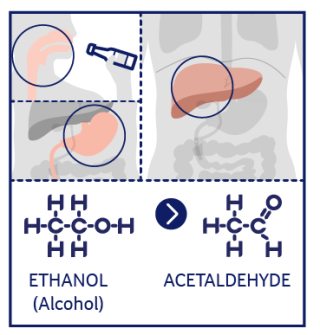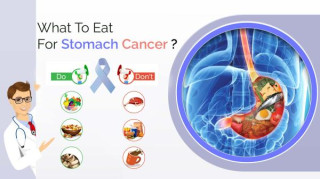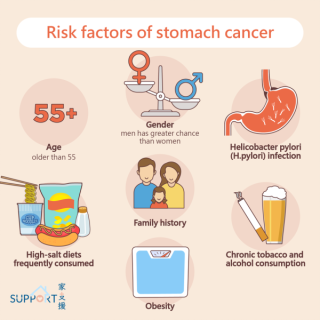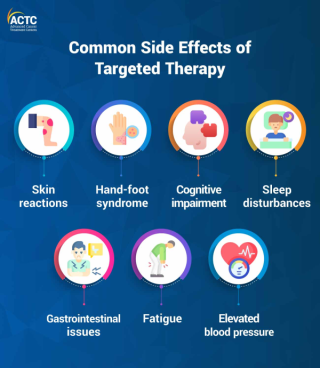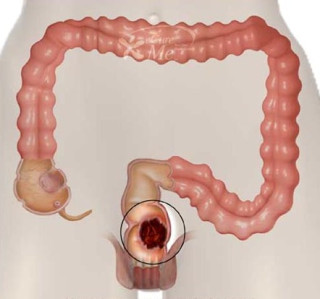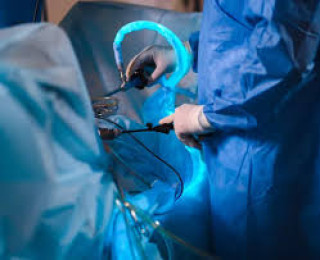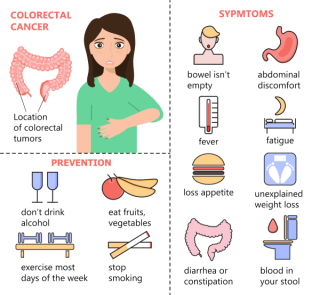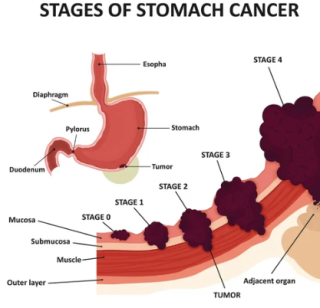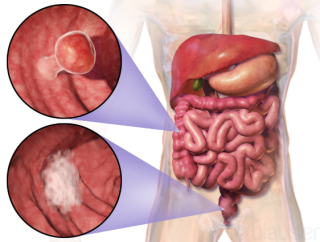Who should take Biological Therapy?created at May 19, 2009 1,876 1,876 Biological therapy, |
Biological Therapy for Colorectal Cancercreated at May 04, 2009 1,397 1,397 Biological therapy for colorectal cancer, |
Balancing Act: Understanding the Side Effects of Biological Therapy in Stomach Cancer Treatmentcreated at May 04, 2009 1,282 1,282 Biological therapy for stomach cancer, |
Recognizing Lyme Disease Symptoms in Humans: A Comprehensive Guidecreated at May 06, 2009 1,568 1,568 Lyme disease, |
Precision and Progress: Navigating Surgery as a Primary Treatment for Stomach Cancerupdated at Nov 13, 2025 1,533 1,533 Surgery is a primary treatment for stomach cancer, |
Unveiling the Link: Helicobacter pylori Infection and the Risk of Stomach Cancerupdated at Nov 14, 2025 1,325 1,325 Helicobacter pylori: A Key Risk FactorHelicobacter pylori (H.pylori) is a prevalent bacterium strongly linked to various stomach ailments, |
How Previous Stomach Surgery Might Increase Stomach Cancer Riskcreated at May 04, 2009 1,339 1,339 Previous stomach surgery, |
The Looming Threat: Stomach Cancer and its Ties to Tobacco and Alcohol Abusecreated at May 04, 2009 1,372 1,372 Stomach cancer, |
The Link Between Diet and Stomach Cancercreated at May 04, 2009 1,359 1,359 Diet plays a significant role in stomach cancer risk.A diet high in processed meats, |
Understanding the Risks Between Aging and Stomach Cancercreated at May 04, 2009 1,300 1,300 The risk of stomach cancer increases significantly with age, |
What are the Side Effects of Treatment for Colorectal Cancer?updated at Nov 08, 2025 1,494 1,494 Side effects from colorectal cancer treatment are highly variable, |
What should I know before surgery for Colorectal Cancer?created at May 04, 2009 1,263 1,263 Before colorectal cancer surgery, |
Surgery for Colorectal Cancerupdated at Nov 13, 2025 1,387 1,387 Surgery is frequently the primary and sometimes the sole treatment approach for colorectal cancer.The specific surgical procedure employed is dictated by the tumor's location and size. Partial Colectomy: The Standard ProcedureThe most common surgical inter... |
What are the symptoms of colorectal cancer?created at May 04, 2009 1,380 1,380 Colorectal cancer symptoms often develop gradually and can be subtle at first, |
The basic information for Stomach cancercreated at May 03, 2009 1,390 1,390 Stomach cancer, |
What about a second opinion for Colorectal Cancer?created at May 03, 2009 1,264 1,264 Seeking a second opinion for a colorectal cancer diagnosis is a common and prudent step.A second opinion allows you to gain additional perspectives on the diagnosis, |

